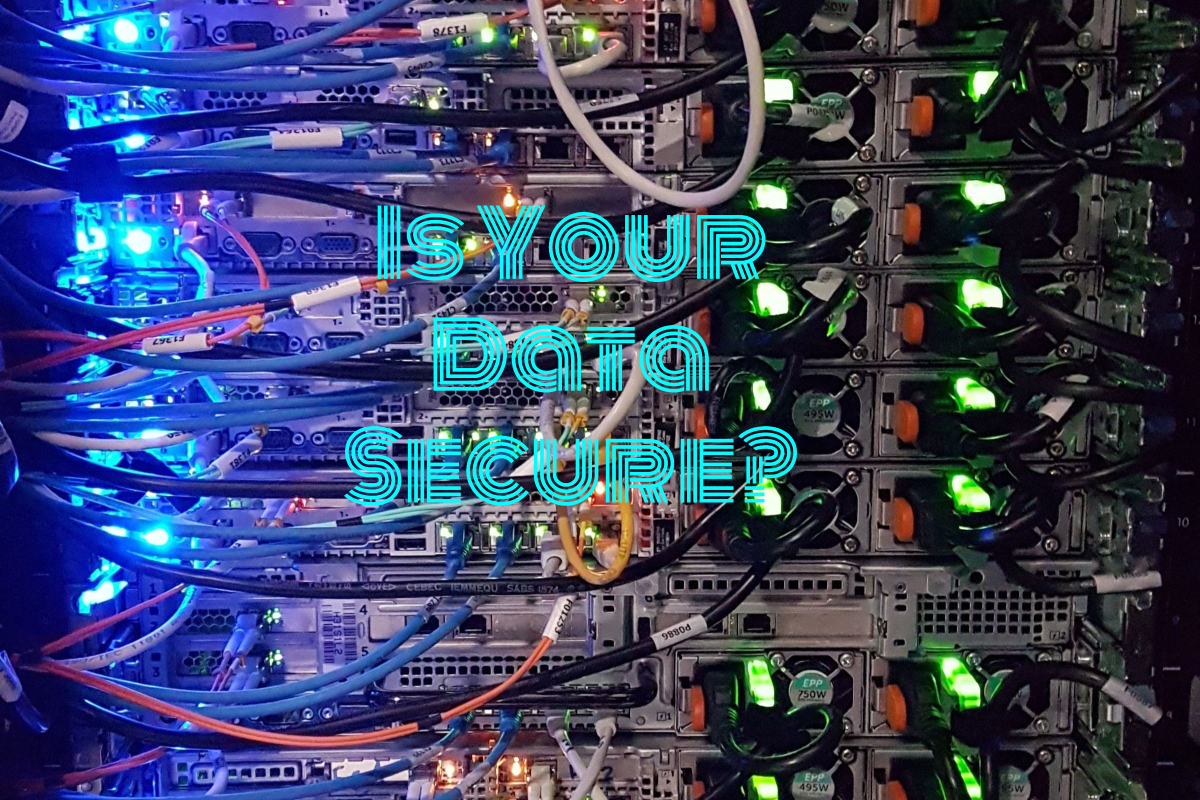Companies Face Class Action Lawsuits Over Growing Data Breach Issues
In recent years, data breaches have become alarmingly common, leaving millions of people vulnerable to identity theft and other malicious activities. Companies such as Ally Bank, Acadian Ambulance, National Public Data, Cricket Wireless, Rite Aid, and AT&T have recently faced class action lawsuits due to their failure to protect sensitive consumer and employee information. These lawsuits highlight the critical issue of data security and the growing frustration among affected individuals.
Why Are These Companies Being Sued?
The companies mentioned are accused of not implementing adequate security measures to protect personal data such as Social Security numbers, birthdates, medical records, and more. When a company fails to safeguard this information, it opens the door for cybercriminals to exploit these vulnerabilities, causing significant harm to the affected individuals.
For example, Ally Bank’s data breach exposed personal information that could potentially be used for fraudulent activities, leaving many customers feeling betrayed. Similarly, National Public Data, which stores vast amounts of public and private records, failed to secure its database, exposing millions to potential identity theft. These breaches are not isolated incidents; they are part of a worrying trend that has seen a dramatic increase in the frequency and scale of data breaches in recent years.
Why Are There So Many Data Breaches?
The rise in data breaches can be attributed to several factors. First, the digital age has made it easier for companies to store massive amounts of data online. While this has its advantages, it also means that more sensitive information is at risk. Second, many companies are not investing enough in cybersecurity, either due to budget constraints or a lack of understanding of the risks involved. Lastly, cybercriminals are becoming more sophisticated, using advanced techniques to bypass traditional security measures.
Moreover, as remote work becomes more prevalent, the attack surface for cybercriminals has expanded. Employees accessing company networks from unsecured home devices or networks present additional vulnerabilities that can be exploited. This combination of factors creates a perfect storm for data breaches, putting both companies and consumers at risk.
How Can Companies Better Protect Consumer and Employee Information?
To prevent future data breaches, companies must adopt a proactive approach to cybersecurity. Here are some essential steps they can take:
- Data Encryption: Encrypting sensitive information makes it much harder for hackers to use the data even if they manage to access it. Encryption should be a standard practice for all companies handling personal information.
- Regular Security Audits: Companies should conduct regular audits of their security systems to identify and rectify vulnerabilities. This involves not only scanning for potential threats but also assessing the effectiveness of existing security measures.
- Employee Training: Human error is a significant factor in many data breaches. Companies should regularly train employees on best practices for data security, such as recognizing phishing attempts and securing personal devices.
- Multi-Factor Authentication (MFA): Implementing MFA adds an extra layer of security by requiring users to provide multiple forms of identification before accessing sensitive data. This makes it more difficult for unauthorized individuals to gain access.
- Invest in Advanced Cybersecurity Solutions: As cyber threats evolve, so must the tools used to combat them. Companies should invest in advanced cybersecurity solutions, such as artificial intelligence and machine learning, to detect and respond to threats in real time.
- Incident Response Plan: Companies should have a robust incident response plan in place to quickly and effectively deal with data breaches when they occur. This plan should include notifying affected individuals, cooperating with authorities, and taking steps to mitigate any damage caused.
Data breaches are not just an inconvenience; they can have devastating effects on the lives of those affected. Companies have a responsibility to protect the sensitive information entrusted to them by consumers and employees. By taking a proactive approach to cybersecurity, businesses can reduce the risk of data breaches, avoid costly lawsuits, and maintain the trust of their customers. In an increasingly digital world, prioritizing data security is not just good practice; it’s essential for survival.


